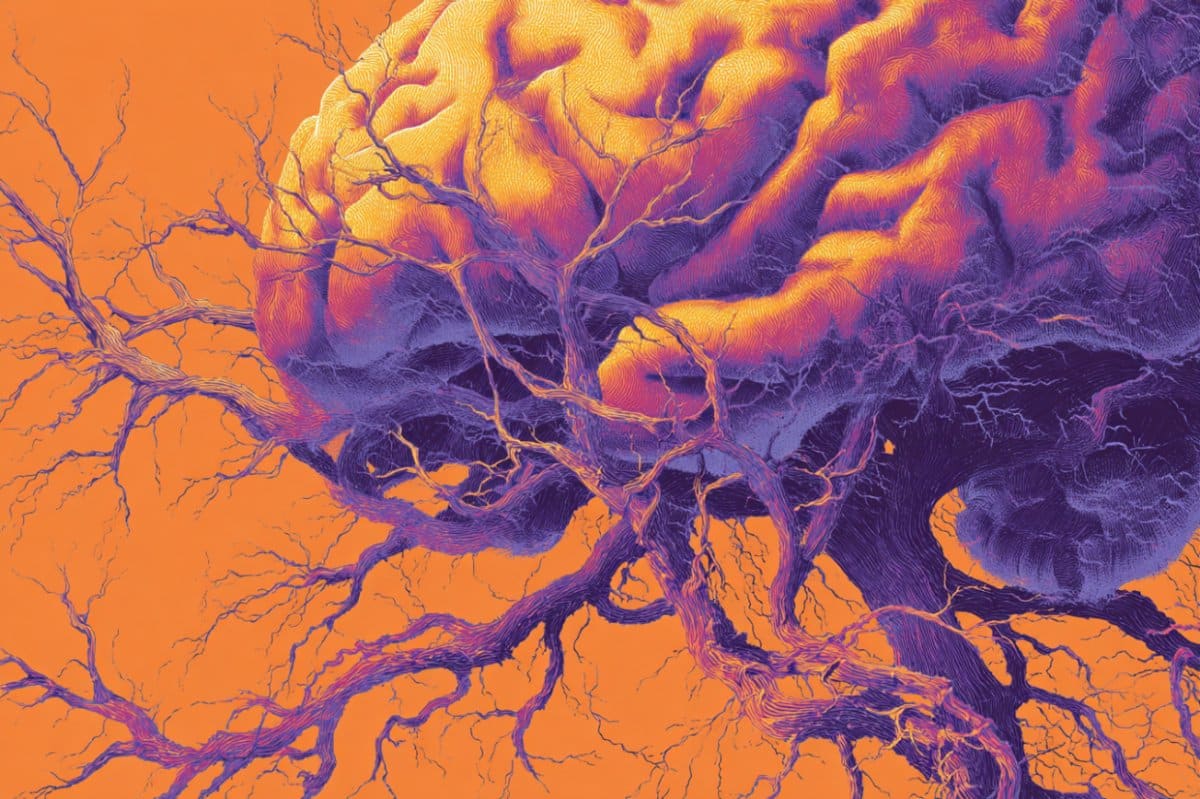There’s a common belief that a glass of wine a day may be good for your health — perhaps even protective for brain function. But a new, large-scale study firmly debunks that myth, showing that any amount of alcohol, even minimal, is associated with a heightened risk of dementia.
Dementia is an umbrella term for a group of diseases that cause a gradual decline in brain function. It affects memory, thinking, orientation and the ability to carry out daily activities. In many cases, it’s also accompanied by changes in behavior and mood. The most common form of dementia is Alzheimer’s disease.
The World Health Organization has long emphasized that no level of alcohol consumption is considered safe for health. According to the WHO, any amount of drinking — even occasional — can damage the body’s systems, including the brain. Risks begin with the very first drink, affecting memory, sleep quality, liver and heart function, and over time increasing the chances of serious illness and cognitive decline. In short, the organization says the idea of “moderate and healthy drinking” is a longstanding myth unsupported by science.
The study, conducted by an international team of researchers from the United States and Britain, analyzed data from hundreds of thousands of participants to determine whether any level of alcohol intake is safe for the brain. The answer was unequivocal: it is not. Researchers found a clear and direct link between alcohol consumption and an increased risk of dementia — even among light drinkers.
Researchers used two large medical databases — one in the U.S. with military veterans and another in the U.K. with data from the general population. More than 559,000 participants, ages 56 to 72 at the outset, were followed for years — until they were diagnosed with dementia, died or reached the end of the follow-up period. About 14,500 developed dementia during the monitoring period, which lasted an average of four years in the U.S. and 12 years in the U.K.
Over 90% of participants admitted to drinking alcohol. Researchers used surveys and a clinical screening tool (AUDIT-C) designed to detect problematic drinking patterns — including binge drinking, defined as consuming six or more drinks in one sitting. The data were analyzed using two complementary methods: observational analysis and a more advanced genetic method known as Mendelian randomization, which helps identify cause-and-effect relationships more reliably.
In the initial observational analysis, researchers saw a U-shaped curve — higher dementia risk among heavy drinkers and non-drinkers alike. But when analyzed through genetic tools, the pattern changed entirely: the risk of dementia rose consistently as alcohol consumption increased, with no sign of a protective effect from “moderate” drinking.
2 View gallery


The risk of dementia increased steadily as the amount of alcohol consumed increased
(Photo: Shutterstock)
For example, adding just one to three drinks per week raised dementia risk by about 15%. Doubling the genetic risk for alcohol dependence increased it by roughly 16%. The researchers found no level of alcohol consumption that could be considered safe.
They also found that individuals who were ultimately diagnosed with dementia tended to reduce their alcohol intake in the years before diagnosis — a finding that suggests early cognitive decline may lead to lower alcohol use, rather than the reverse. This may explain why previous studies mistakenly suggested that moderate drinking “protects” the brain.
While the strongest findings were seen among participants of European descent — the largest group studied — the pattern was similar across other ethnic groups. The researchers say the results challenge the long-held assumption that low levels of alcohol might benefit the nervous system.
“Our data show that all types of alcohol cause harm and increase the risk of dementia, with no evidence of any protective effect,” the researchers concluded. “Reducing alcohol consumption may be one of the most important steps in preventing the disease.”



